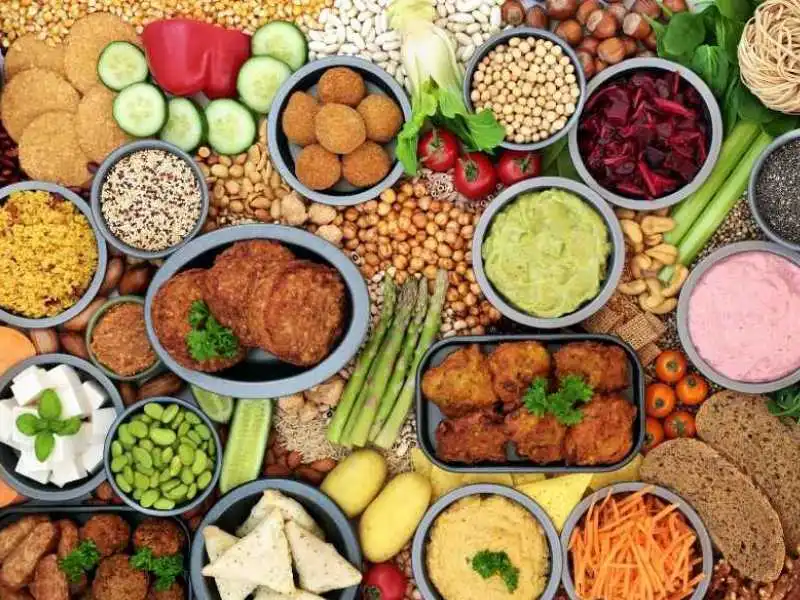
Mclub World – Vegan food tours have become one of the fastest-growing trends in global culinary tourism. Once considered niche, these tours now attract mainstream travelers seeking fresh and ethical food experiences. Plant-based cuisine is gaining recognition for its creativity, nutritional benefits, and cultural richness. Tour organizers are tapping into the demand for conscious eating and turning it into immersive travel adventures. These tours go beyond food. They offer storytelling, cultural history, and community connection. Travelers explore local markets, visit plant-based restaurants, and meet chefs pioneering the vegan movement. People are no longer satisfied with eating—they want experiences rooted in values and flavor.
Vegan food tours often begin in small, lesser-known neighborhoods. Guides introduce guests to hidden plant-based gems that don’t always show up online. You might find a vegan empanada stall in Mexico City. Or discover tofu barbecue in a quiet corner of Seoul. These moments create authentic memories. Tour operators carefully curate routes that highlight tradition and innovation. Many collaborate with local chefs and artisans. That ensures dishes are both culturally rooted and creatively bold. In Berlin, you might sample vegan doner kebabs. In Bali, you could enjoy coconut-based rendang. The point is to eat with curiosity. Each bite tells a story of transformation.
“Read More: Top 10 Most Luxurious Electric Car Designs With Advanced Technology 2025”
Today’s travelers want food that nourishes the body while supporting sustainability. Vegan tours cater to those looking for clean, plant-based nutrition on vacation. Many guests follow flexitarian or vegetarian diets. Others join simply to try something new. These tours usually include information about the ingredients and preparation methods. That adds depth to the eating experience. You learn about plant proteins, fermentation, and natural sweeteners. This educational aspect appeals to health-focused guests. They go home inspired, not just full. And because tours often avoid ultra-processed foods, guests leave feeling light and energized. Food becomes fuel, not guilt.
One big reason vegan tours are exploding is the aesthetic appeal. Plant-based dishes are colorful, layered, and often artfully plated. Think of smoothie bowls topped with edible flowers. Or jackfruit tacos bursting with purple cabbage and avocado. These meals photograph beautifully. Tour participants love to share their finds online. That creates free promotion and growing curiosity. Food becomes a visual narrative. Tour guides often encourage guests to take photos. Some tours even offer photography tips. This mix of taste and visuals turns the experience into a sensory event. You don’t just eat. You capture moments.
“Read About: Digital Health Evolution: Enhancing Doctor-Patient Experience Through Virtual Tools”
Sustainability plays a huge role in the rise of vegan food tours. Many travelers are looking to reduce their environmental footprint. Choosing plant-based meals significantly lowers carbon and water usage. Tour companies often align with this by using reusable materials and eco-conscious practices. Some donate a portion of profits to local green initiatives. Others ensure zero food waste by planning portions precisely. Guests appreciate knowing their experience supports the planet. That emotional reward becomes part of the value. Eating ethically feels better. People remember how a tour made them feel—not just what it tasted like.
Vegan food tours highlight not just ingredients but stories of resilience and innovation. Many chefs featured in these tours come from backgrounds of cultural fusion or activism. A vegan Ethiopian injera tasting might explore themes of diaspora. A tofu-making demonstration in Japan could reflect generations of craftsmanship. These experiences connect food to identity. Guests aren’t just tourists. They become participants in the narrative of change. Veganism is no longer isolated to health circles. It is now embedded in cultural storytelling and social progress. Through food, travelers explore empathy, heritage, and evolution. Every meal becomes an open dialogue.
This website uses cookies.